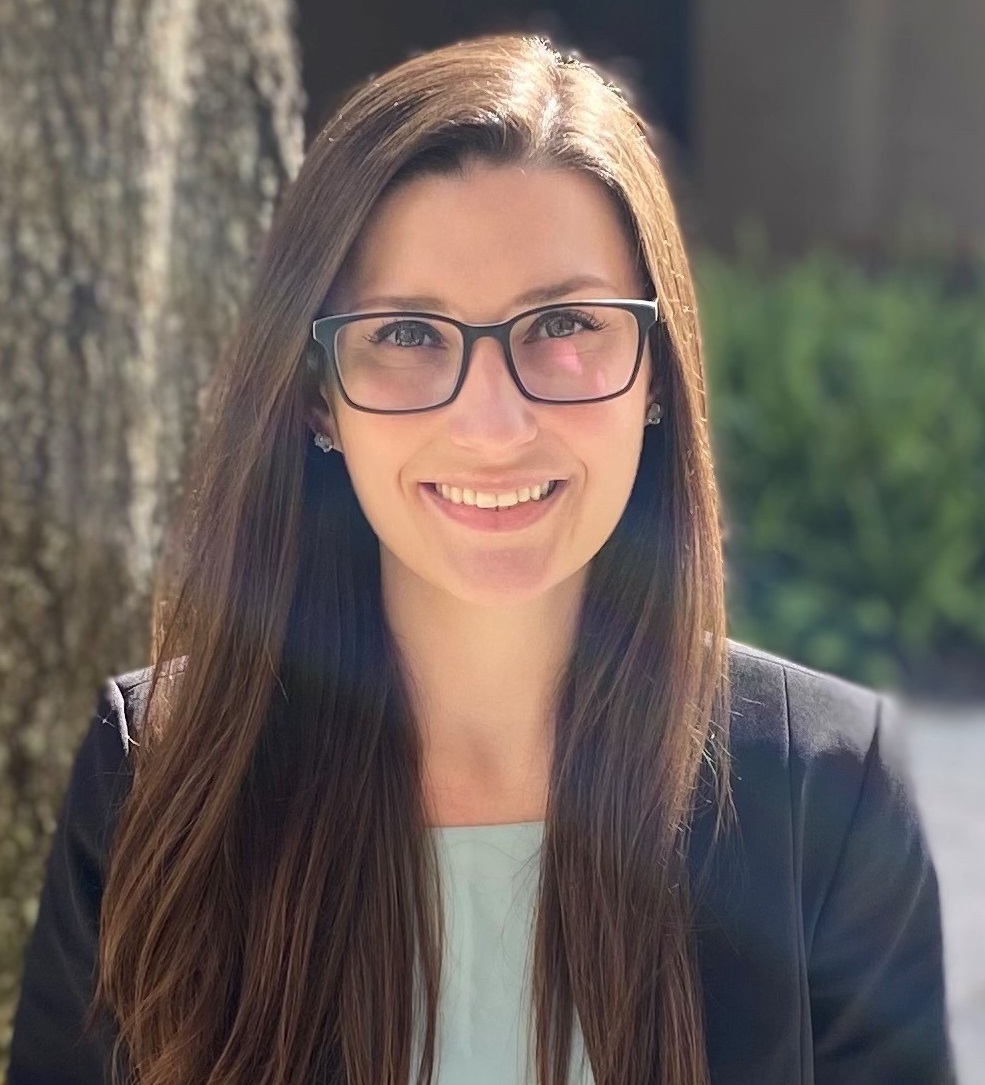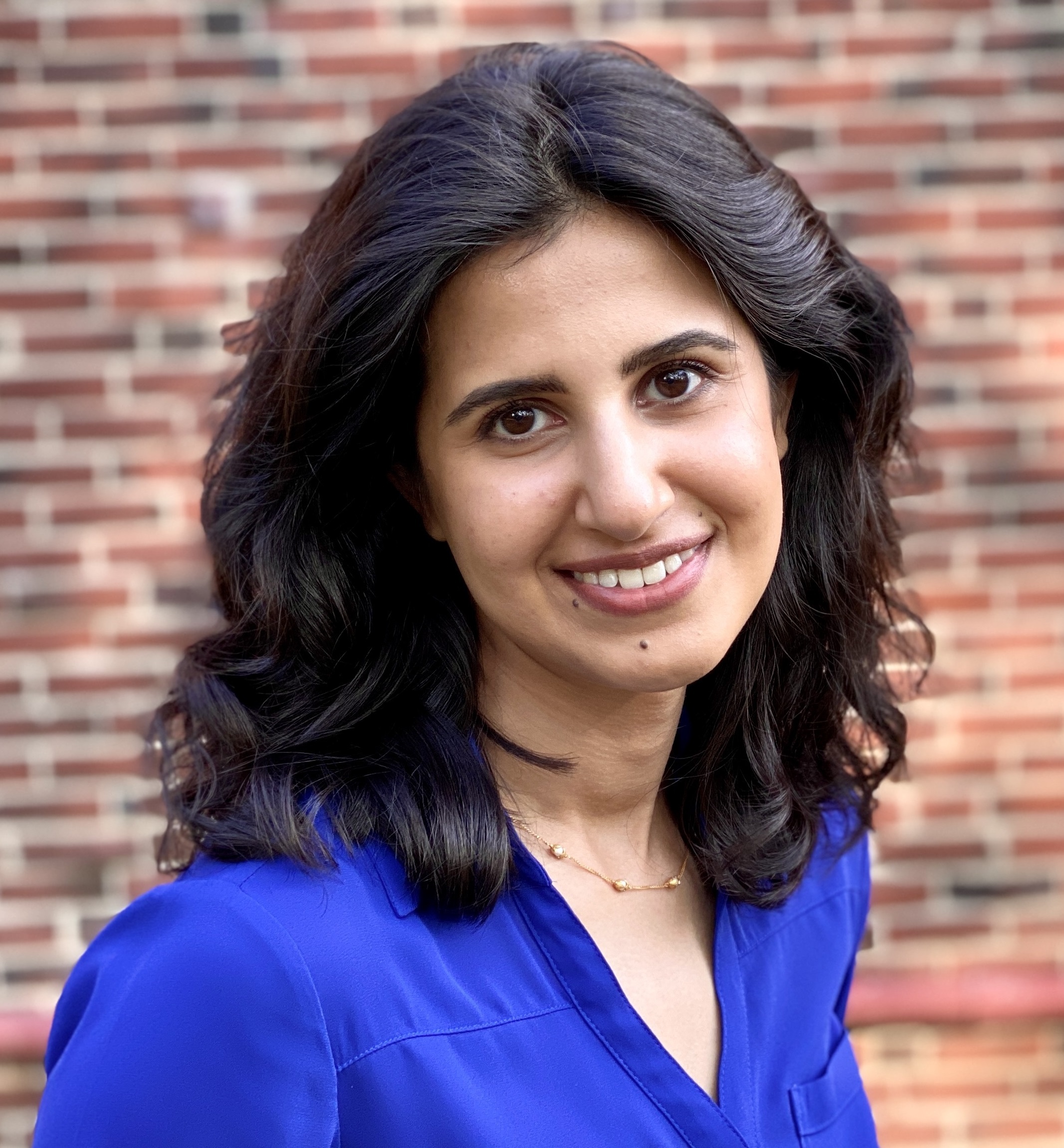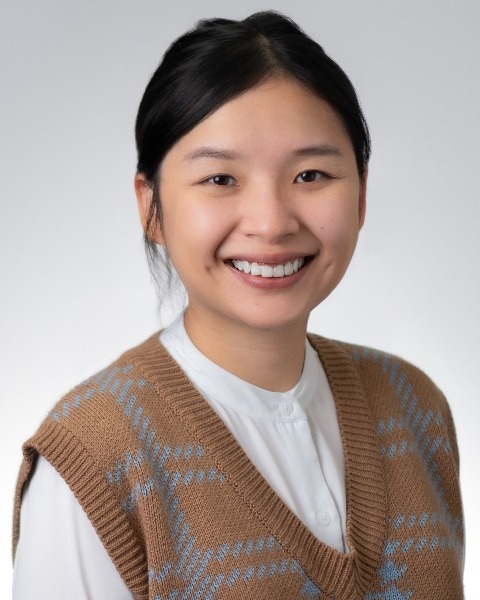
BSS ESPO Annual Scientific Meeting Sneak Peek
- Registration Closed
The BSS ESPO Annual Scientific Meeting Sneak Peek will be a first look into this year's BSS ESPO Section Symposium, titled: "Defying the Odds: How Minoritized Older Adults Use Psychosocial and Environmental Fortitude to Enhance Aging Health". During this session, we invite BSS members to prepare for the in-person Annual Scientific Meeting by joining BSS ESPO Section Symposium speakers as they: (a) provide a sneak peek of their upcoming presentations, (b) offer advice and answer questions for those preparing for the in-person conference, and (c) provide insight into career development and networking. Make and renew ties with BSS colleagues as you share plans for the upcoming Annual Scientific Meeting.

Monica Walters, PhD, MA (Moderator)
Postdoctoral Research Fellow
University of Michigan
Monica is a postdoctoral research fellow working with Dr. Laura Zahodne in the Department of Psychology at the University of Michigan. Her postdoctoral work is focused on Alzheimer’s disease inequalities. She completed her PhD in Aging Studies at the University of South Florida. During her doctoral studies, her research focused on assessing the discrepancy between biological markers for Alzheimer’s disease (AD) and the clinical manifestation of dementia, often studied with the cognitive reserve concept. Her current research aims to understand how biological and contextual factors across the life course and at multiple bioecological levels relate to racial and ethnic disparities in cognitive and brain aging. In the future, she hopes to pursue a research-exclusive career studying multilevel biopsychosocial mechanisms underlying racial and ethnic disparities in Alzheimer’s disease and related dementias (ADRD) and identifying ways to ameliorate them.

Talha Ali, PhD
Assistant Professor
Tufts University
Talha Ali, PhD is a social epidemiologist and an Assistant Professor in the Department of Community Health. Dr. Ali's research interests include (1) examining the impact of structural racism on racial/ethnic disparities in cognitive aging and dementia; (2) investigating the role of social support networks for physical and cognitive health in late life; and (3) caregiving networks of older adults with and without dementia. Her work has been published in journals such as The Journals of Gerontology, the American Journal of Epidemiology, and the Journal of Racial and Ethnic Health Disparities. Dr. Ali is a 2022 NIA Butler-Williams Scholar and an NIA IMPACT Collaboratory Faculty Scholar.

Ruijia Chen, PScD
Postdoctoral Fellow
Boston University
| Ruijia Chen is a social epidemiologist by training. Her research focuses on how social determinants across the life course contribute to risk and disparities associated with Alzheimer's disease and related dementia and how population-level policies shape these disparities. Additionally, she is interested in investigating methodological challenges that affect our understanding of social determinants of cognitive health outcomes. |

Alexandra Clark, PhD
Assistant Professor
University of Texas at Austin
| Dr. Alexandra Clark is a licensed Clinical Neuropsychologist and Assistant Professor of Psychology at the University of Texas (UT) at Austin. She received her Ph.D. in Clinical Psychology with an emphasis in Neuropsychology from the San Diego State University/University of California San Diego (UCSD) Joint Doctoral Program. After graduate school, she completed a full-time postdoctoral fellowship in Interprofessional Polytrauma Traumatic Brain Injury (TBI) Rehabilitation at the San Diego Veterans Affairs Hospital, as well as a part-time fellowship in Neuropsychology and Novel Neuroimaging Metrics for Alzheimer's disease and related disorders (ADRD) at UCSD. Dr. Clark directs the Mechanisms Underlying Neurocognitive Aging Research Lab. She also belongs to the Brain Aging Research Group at the Texas Aging and Longevity Center and is a faculty affiliate of the Center on Aging and Population Sciences at UT Austin. |

Kyle Moored, PhD, MS
Assistant Research Professor
Johns Hopkins Bloomberg School of Public Health
| Dr. Moored is an Assistant Research Professor in the Department of Mental Health at Johns Hopkins Bloomberg School of Public Health (JHSPH). He completed his PhD in Mental Health at JHSPH and postdoctoral training in the epidemiology of aging at the University of Pittsburgh School of Public Health. He is an epidemiologist with research experience in neurocognitive aging, prevention science, and lifespan activity engagement. His research integrates survey, wearable device (e.g., GPS), and geospatial data sources to better understand how activity and the built and social environments contribute to lifespan mental health, including neurocognitive functioning and fatigue as we age. His goal is to use these findings to inform structural and individual-level interventions that promote brain health as we age in place. |
